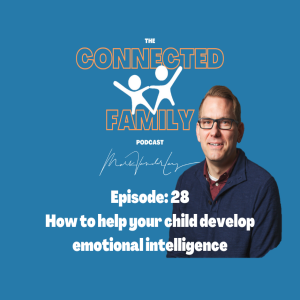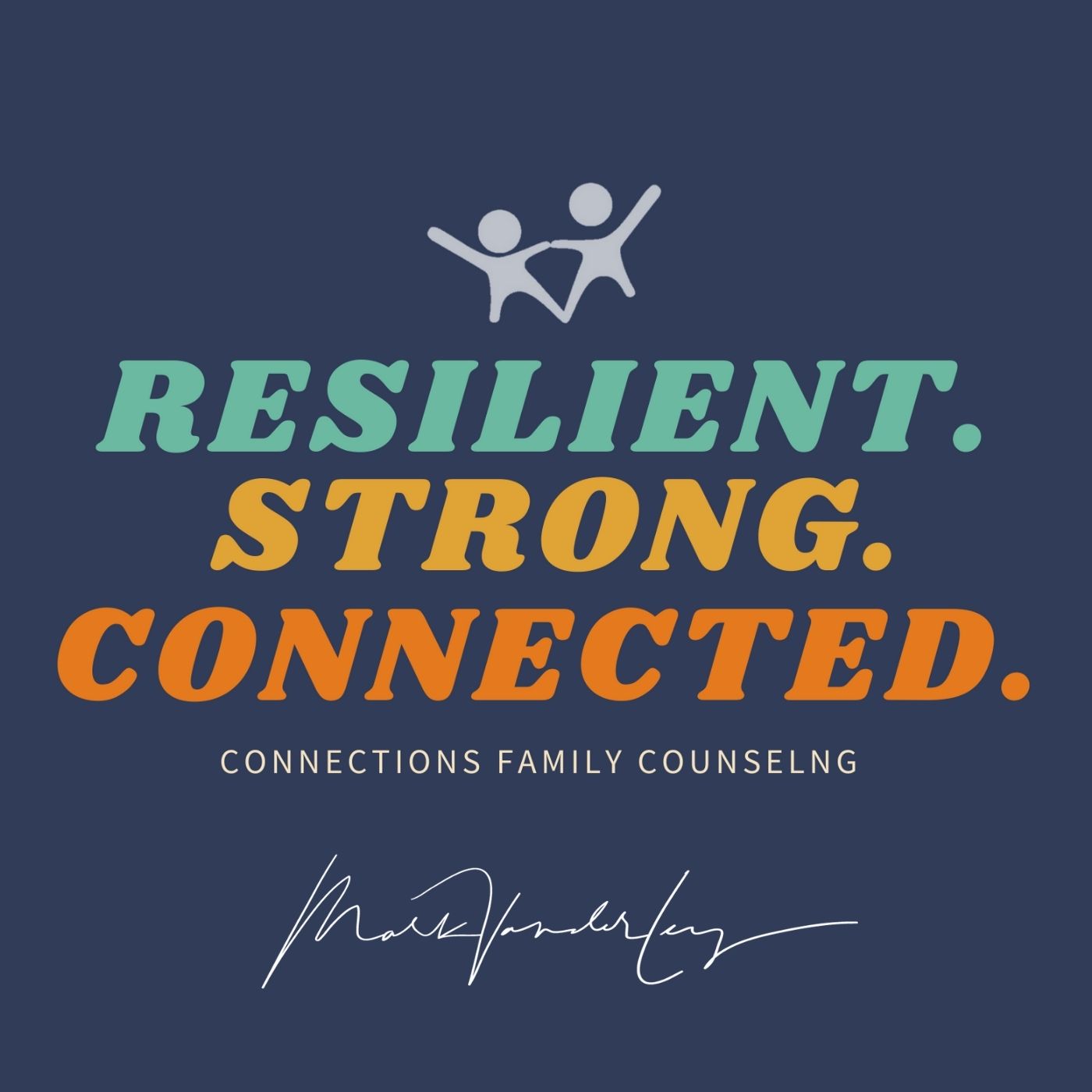Episodes

Sunday Aug 30, 2020
How to Help Your Child Develop Emotional Intelligence
Sunday Aug 30, 2020
Sunday Aug 30, 2020
What is the most important thing you hope to teach your son before he turns 18? Many parents focus on skills like, driving a car, spending money wisely, working hard, or study habits. But, research seems to show that teaching our sons emotional intelligence may be the most important thing we do.
In 2003 researchers at Yale University studied a group of college age students and found that as emotional intelligence goes up so do positive relationships with others. These researchers also found that the ability for a person to manage their own emotions is closely related to positive interactions with others.
The same group of researchers later discovered that Lower levels of EI are associated with adolescent risk taking behaviors like use of illegal drugs, consumption of alcohol, and deviant behavior.
So, what is emotional intelligence? There is some disagreement about the exact definition but the one that I find most helpful can be summarized like this:
Emotional Intelligence is,
- The ability to Perceive Emotions
- The ability to Utilize emotions to facilitate thought
- The ability to Understand emotions
- The ability to Regulate emotions of self and others
So, What are some ways that parents can help their son to learn emotional intelligence? Here are my thoughts
- Focus on Connection
The research about how children develop emotional intelligence shows that it is passed on through connection with parents. Those parents that use an authoritative parenting style (balance between control and empathy) have children with higher levels of emotional intelligence. Sometimes our fast paced culture encourages parents to get their children involved in activities that will enhance their brains and build their resume. What research shows, however, is that it is “us” that matter, the time spent connecting over low cost activities enhance our children’s lives. So, build connection with your son by using the basic listening skills (I wrote about them here). Play their favorite board game one evening a week. Schedule them to cook dinner for the family one night and help them through the process. Spend a few minutes talking about the day before shutting off their bedroom light for the night.
- Focus on Perception of Emotions
Help your son to understand that other people’s behavior is a clue to all that is happening on the inside. Your son can learn about how to interpret facial expression, body language, tone of voice, and other communication from you. You can help him to accurately perceive emotions by guessing at what you think he is feeling and expressing it verbally (ex. You are angry) if you are correct he feels heard and now has a word for what he was just feeling on the inside. If you are incorrect he can tell you and therefore clarify his feelings for himself and for you. It is also very helpful when you verbalize what you are feeling in the moment with your child. If you have lost your keys you might say, “I am really starting to get frustrated” when you experience a setback at work you might say, “I am disappointed that…” The bottom line is; help him to perceive his own feelings by verbalizing them for him and then discussing it, help him to perceive what others are feeling by sharing your feelings in the moment.
- Focus on Managing Emotions of Self
Again, the best way to help your son learn to manage his emotions is to be good at managing yours. Modeling appropriate emotional reactions to normal and difficult situations shows him exactly how to do it. For younger children games like red light/green light are helpful. Older children can learn skills like belly breathing, mindfulness, and relaxation techniques. Additionally, the way you listen can be a very powerful way to co-regulate your child, which enables them to learn to regulate emotions by experiencing the process with you. (read about it here).
Emotional intelligence is one of the most important skills that a boy can learn. You can help him to learn it by focusing on connection, perception of emotions, and managing emotions of the self.


No comments yet. Be the first to say something!